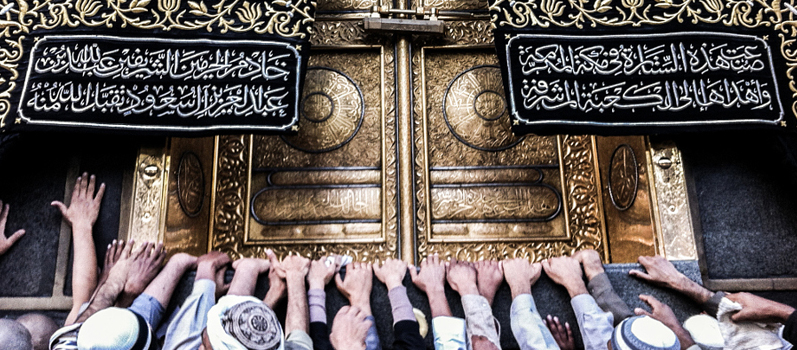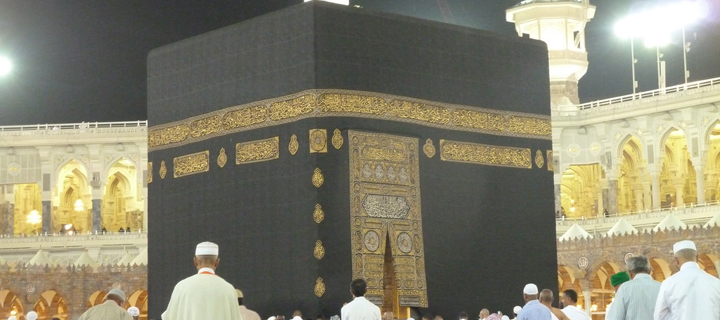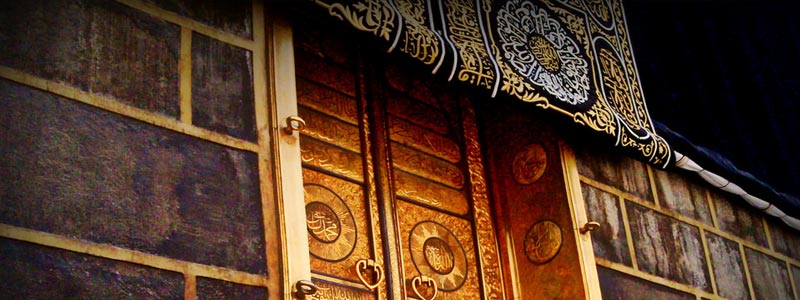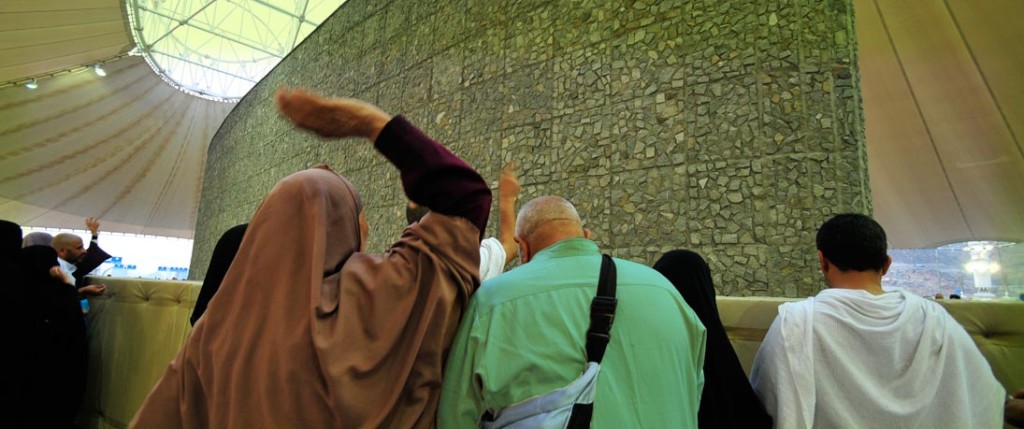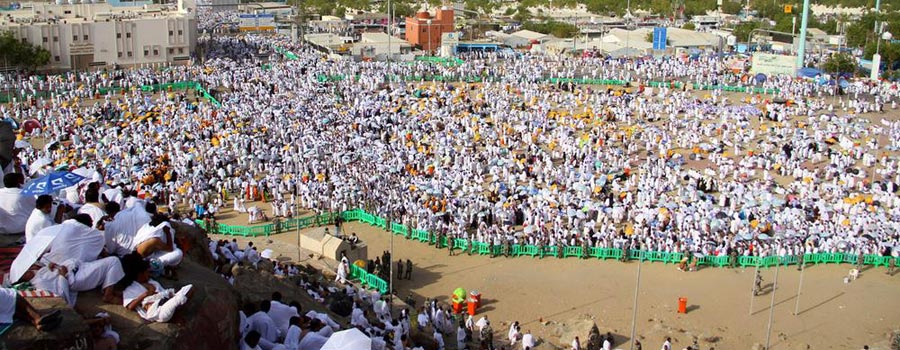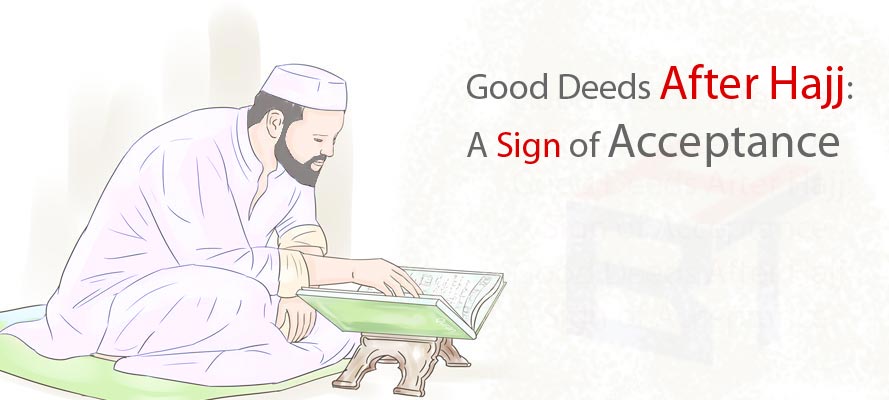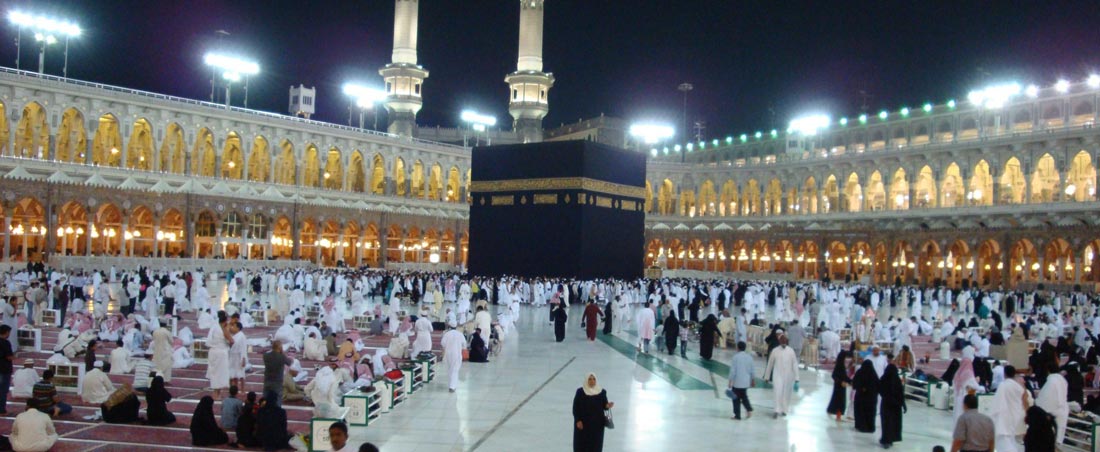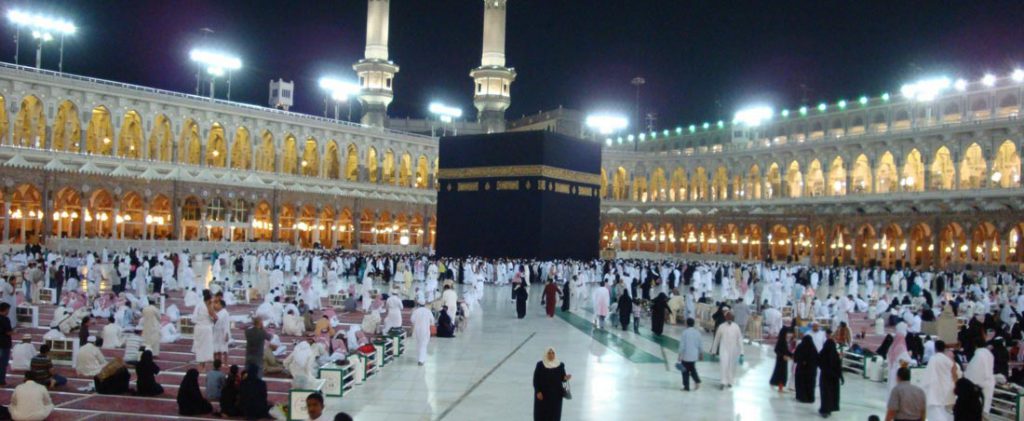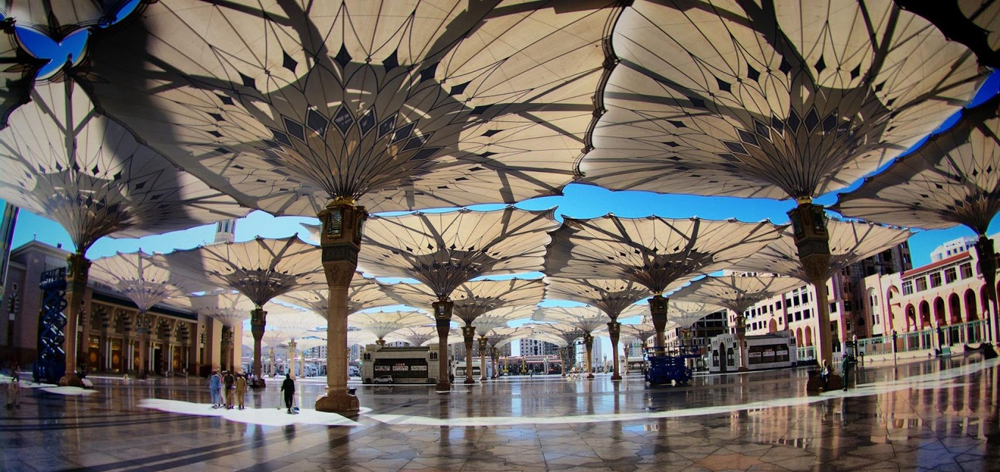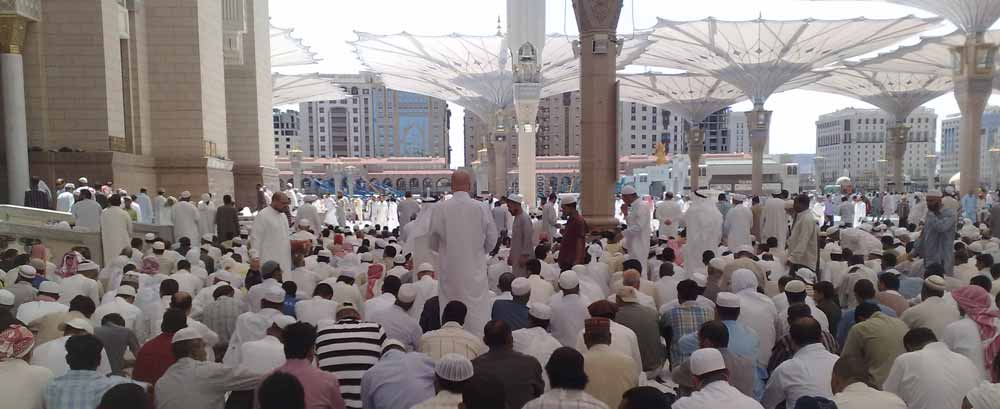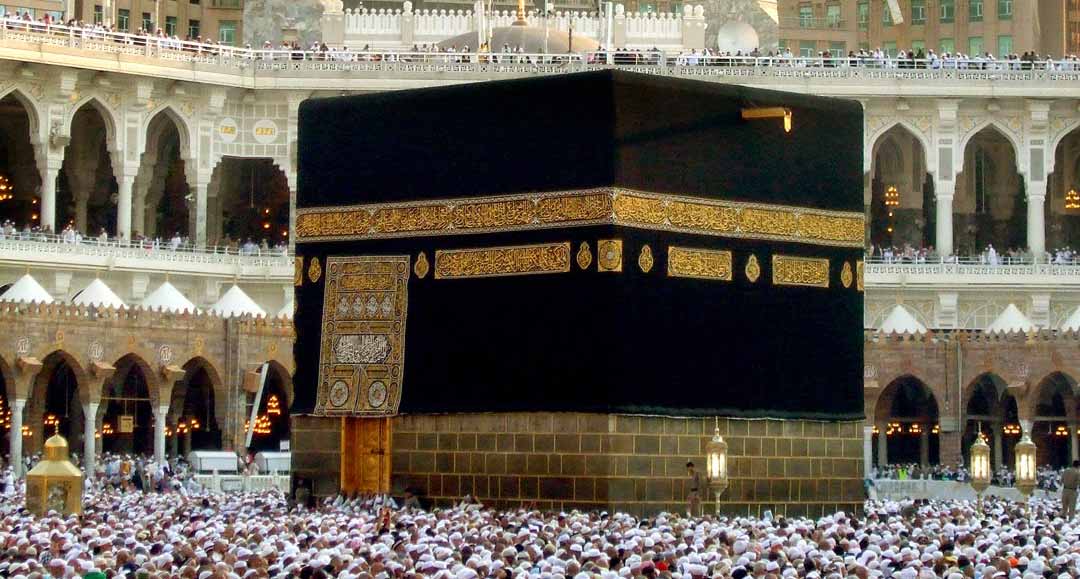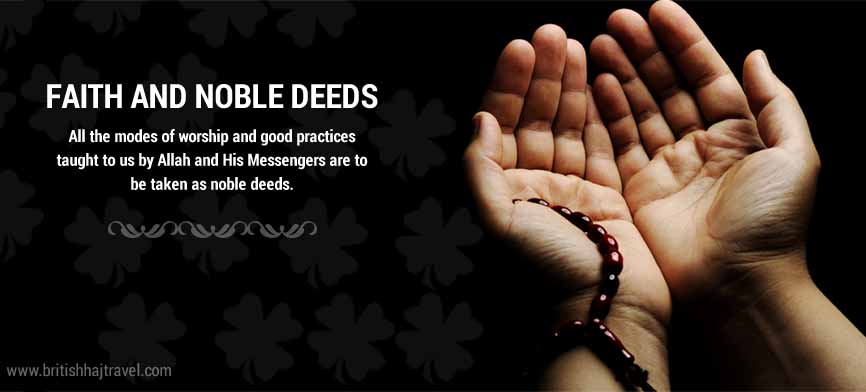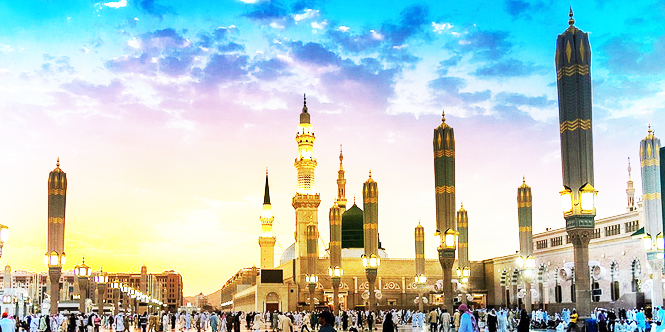Hajj is the reflection of the Ummah (Muslim nation) that reflects its positive and negative aspects, as Hajj is the greatest gathering of the Ummah where the greatest number of people come together from a variety of backgrounds and places.
One of the advantages of a mirror is that it reflects the reality of things clearly and precisely. A person who has a mirror takes care to keep it clean and shiny so that when he looks in the mirror if he were to see anything amiss such as dirty clothes or the like, he would know that the mirror has nothing to do with this as it just reflects reality. A person might be angry and upset when he sees any defect, but if he is sensible, he would attempt to rectify the situation so that his reflection in the mirror would be better. However, those who are foolish might break the mirror, and to such people, we say, “You have not only failed to change the reality but you also lost the means that could tell you about the defects.”
Similarly, Hajj is the mirror of the Ummah (Muslim nation) that reflects its positive and negative aspects, as Hajj is the greatest gathering of the Ummah where the greatest number of people come together from a variety of backgrounds and places. Hajj gathers princes, scholars, people of culture, men of letters, and ordinary men and women. Undoubtedly, the mirror of Hajj reflects many positive aspects, such as unity in the worship of Allah
The Almighty and the establishment of equality and unity. At the same time, however, it reflects some defects in the Muslims that clash with these positive aspects.
It is difficult to ignore the mistakes and faults of the pilgrims, which become noticeable during Hajj, such as defective ‘Aqeedah (creed), innovations in the religion, negligence regarding acts of worship, the absence of Khushoo’ (fear of Allah The Almighty) and ignorance about matters of the religion. Moreover, one can see other forms of ignorance which are exemplified in being negligent about cleanliness and the most basic rules of health and hygiene, not adhering to or complying with health instructions and breaching orders. Other shortcomings include causing chaos, rigidity in one’s dealings, harshness when crowding with others, being irritable, having fanatical feelings towards a certain race or country, or feeling uncomfortable when dealing with others.
This does not mean that there are many negative aspects to Hajj, but at the same time, we should not allow these faults to go unaddressed. We should not break the mirror but be grateful for it, as we have managed to see the defects through it and now simply have to find the remedy.
Hajj is an event that shows the great efforts exerted to turn the Ummah from disunity to unity, from humiliation to dignity, from weakness to strength and from ignorance to knowledge and advancement. There is no doubt that the greatest role is that of the Islamic governments, their mass media, and their educational curricula. Another important role is that of scholars, and their efforts in spreading Da’wah (the call to Allah The Almighty), preserving the ‘Aqeedah of Muslims, declaring the truth, combating ignorance and resisting the invasion of harmful ideas. Other efforts and duties are the initiatives of wealthy people and economic institutions; still, others are related to intellectuals and men of letters. A third category is related to writers and the Imaams who deliver Khutbahs (sermons). Indeed, every Muslim bears part of the great responsibility towards raising the status of the Ummah. Thus, we should encourage every individual in general and every pilgrim, in particular, to fulfill his duty so that the promise of Allah The Almighty may be achieved, as He Says (what means): {Indeed, Allah will not change the condition of a people until they change what is in themselves.}
Source: islamweb.net
